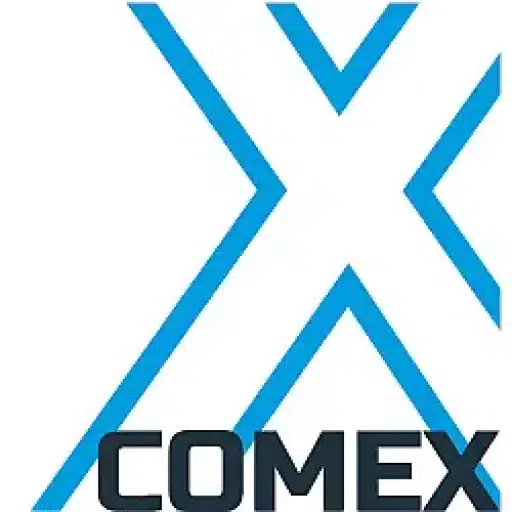+31 (0)43 30 88 400 | office@comex.eu

He who keeps what, has what
This is the second part of our blog on migration. How do you keep information from the past understandable and accessible? It is important to migrate data from one storage to another in a timely manner as well as to ensure that data remains comprehensible. When purchasing new storage systems, it is therefore important to make sure that the system is manufacturer-independent and as universal as possible.
Jukeboxes
Many entrepreneurs have data stored on so-called jukeboxes containing CDs, DVDs, blueray discs and UDOs, including software that can find which file is on which CD or DVD. UDO stands for Ultra Density Optical, a highly reliable drive. Unfortunately, the company that produced these discs went bankrupt, so you can no longer buy the discs and equipment to read them. An insurance company recently reported to us with a good number of UDO discs, containing policies of life insurance that must be kept for thirty years. Problem. It exemplifies the importance of striving for independent and universal systems. We ourselves were able to temporarily set up a jukebox through relationships that could read these UDOs, purchase a software license and thus migrate the data. It could, but it can be simplified by thinking independently and universally when purchasing.
All the data on a CD?
Point is that the amount of data has grown tremendously in recent years and optical storage methods like CD and DVD are in fact far too limited. Modern methods like Silent Brick and Silent Cube are fortunately adequate and very reliable. Moreover, faster and less sensitive. Jukeboxes are nice systems, but with a lot of mechanics, which makes them prone to malfunctions. On average, one outage per month. Add to that the fact that CDs and DVDs can still be read without problems now, but the latest computers and laptops are already made without CD drives. The ability to read will continue for several decades to come -in itself a unique feature in the digital world- but the axe will one day fall.
LAN and NAS
Today’s best solutions therefore work with open, well-known standards that, for example, are controlled over a LAN and behave like a NAS drive. You can connect those to any network and access them with any operating system. All operating systems have appropriate access capabilities for that. Still pleasant. For he who keeps what, has what. But then you have to be able to use it when needed.


 Subscribe for tips and info
Subscribe for tips and info